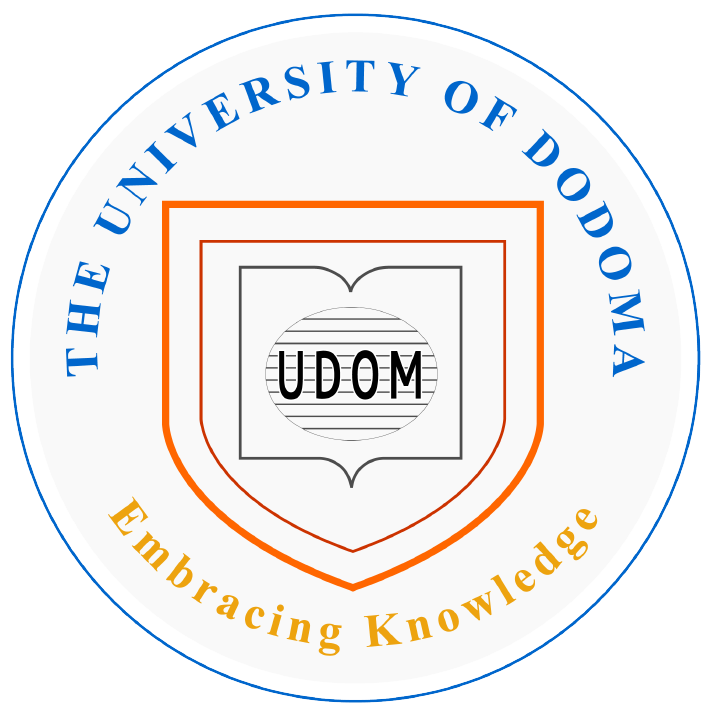Abstract
Six general elections have been held in Zanzibar after the reintroduction of multi-party politics in 1992. A longitudinal analysis of the Zanzibar political context indicates that from the first general election, which was held in 1995, to the sixth election in 2020, the electoral results have been intensely contested, and at times followed by electoral violence and a lasting political stalemate known locally as ‘Mpasuko wa Kisiasa’. While these electoral contestations and violence are evident, they are also mere symptoms of the struggle. The real reasons and the underlying causes of the conflict lie deeper in the malfunctioning democratic system manifested through the absence of a level playing field, allegations of election rigging, harassment of opposition supporters and refusal to honor the voters’ will. Drawing on Mao Tse-tung’s theory of contradiction, this paper interrogates the underlying issues under dispute within the broader discourse of democratic consolidation. The paper presents the nature of the conflict as a recourse to democratic consolidation, in an attempt to push for both institutional reforms and building a democratic culture. It argues that the conflict is an inevitable cause, perpetuated in defence of democracy defined in both political and material sense, and that the durable resolution of the conflict does not depend on the will of individual actors but initiatives targeting societal healing and undertaking democratic reforms.
